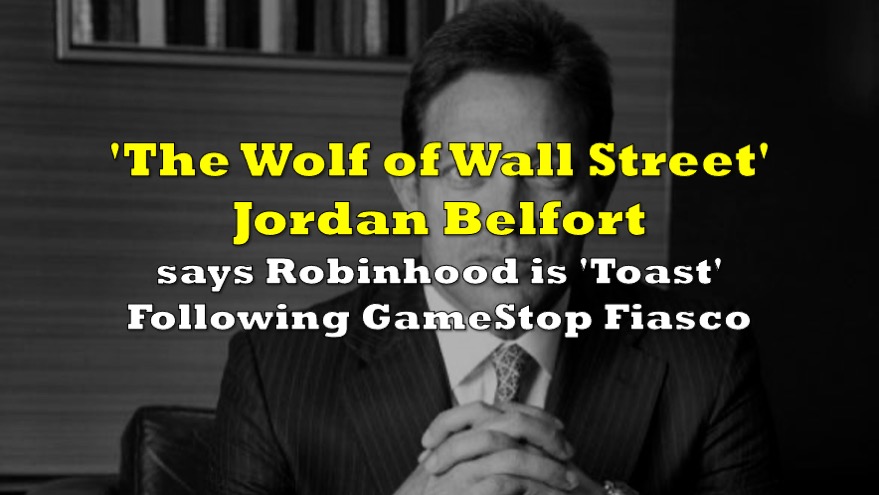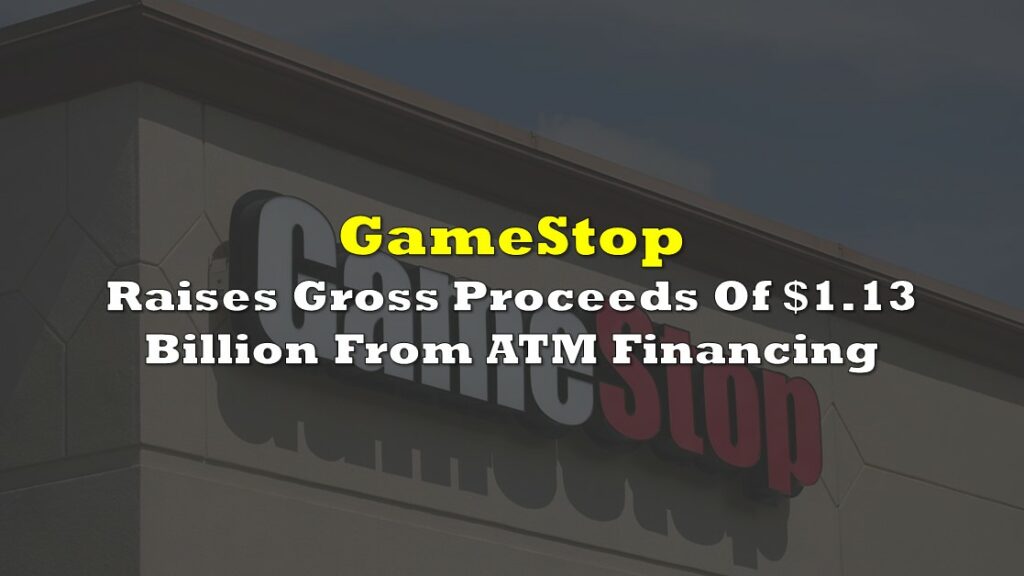A hedge fund that bet against video-game retailer GameStop (NYSE: GME) has been forced to shut its doors, after suffering extensive losses following a historic rally that sent meme stock shares skyrocketing.
As reported by the Financial Times, White Square Capital, a UK-based hedge fund run by former Paulson & Co trader Florian Kronawitter, announced to its investors that following an extensive analysis of its business model, it will cease operations of its main fund and return capital back to its clients. The latest move is the first of its kind among hedge funds that have suffered extenuating losses as a result of the recent rise in popularity in meme stocks.
Retail investors, many of whom have deliberately coordinated their trading behaviour via online forums to target short-sellers, have caused otherwise deteriorating stocks such as GameStop and AMC to suddenly soar in price. This caused hedge funds that were shorting the stock to lose millions of dollars, including US-based Melvin Capital and Light Street Capital, among others.
Although Melvin Capital and Light Street Capital have been able to recoup some of their losses, they are still down about 45% and 20% since the beginning of the year, respectively. White Square, on the other hand, has suffered double-digit losses since the peak of the meme rally back in January, which has sparked a broader re-evaluation of its business model.
“The decision to close down is related to thinking the equity long-short model is challenged,” explained Kronawitter in a letter to investors seen by the Financial Times. “There are way too many fish in the pond with the same strategy of long-short,” he added.
However, according to one person familiar with the matter, White Square’s decision to shut its doors is not directly related to the meme stock rally, but rather an overall shift towards private equity or cheaper passive funds by investors. “The traditional edge is being arbed away [eroded by other investors], there’s an oversupply of capital,” the statement to investors read. “The arbitrage opportunities have diminished with both the onslaught of capital caused by central bank monetary interventions, as well as much improved dissemination of information, bringing up the question to what degree the same fees can be justified.”

Information for this briefing was found via the Financial Times. The author has no securities or affiliations related to this organization. Not a recommendation to buy or sell. Always do additional research and consult a professional before purchasing a security. The author holds no licenses.









